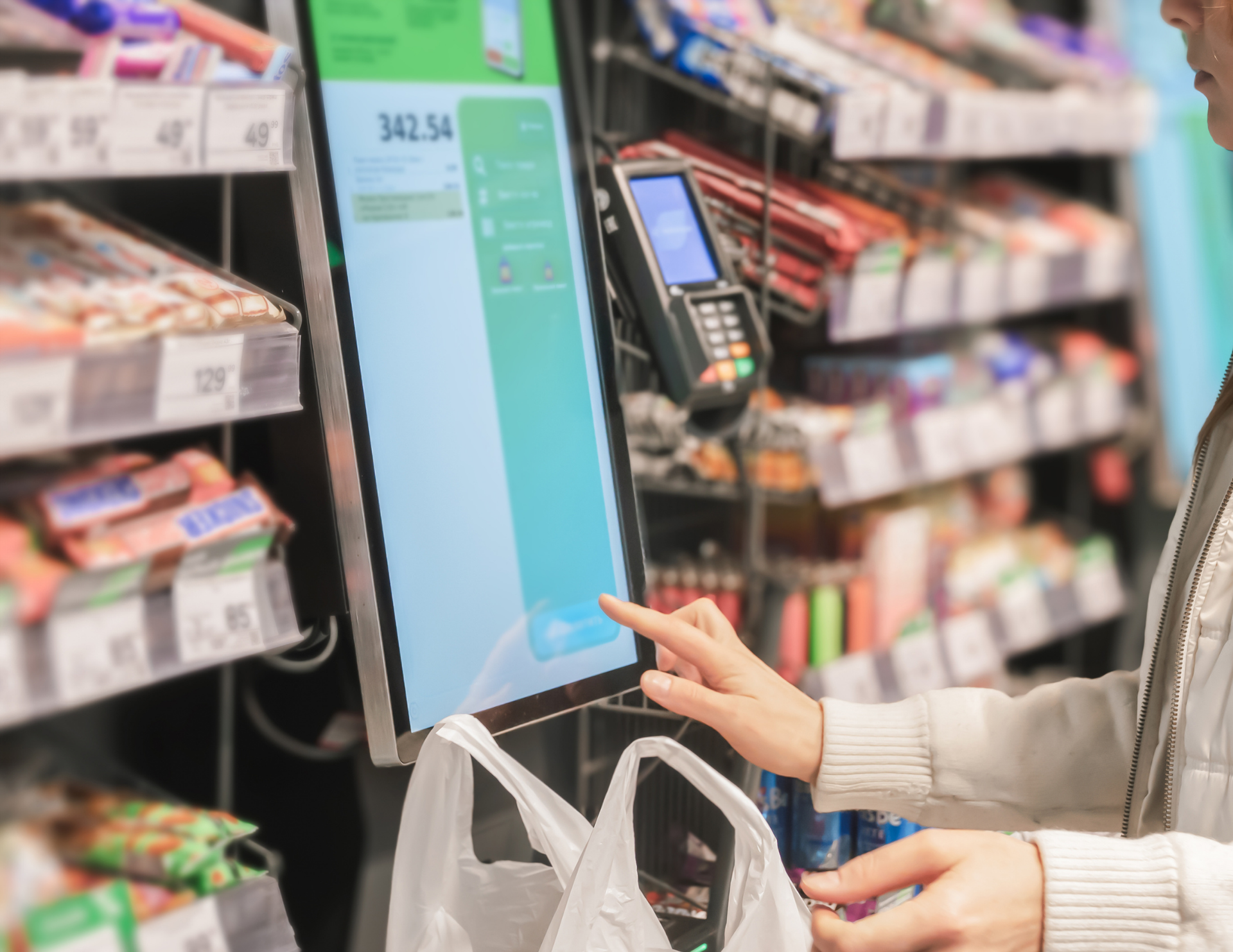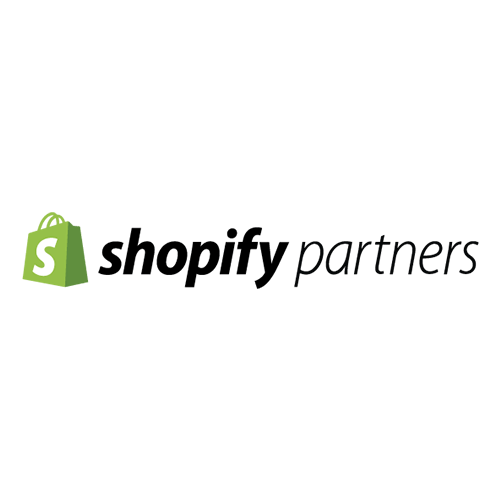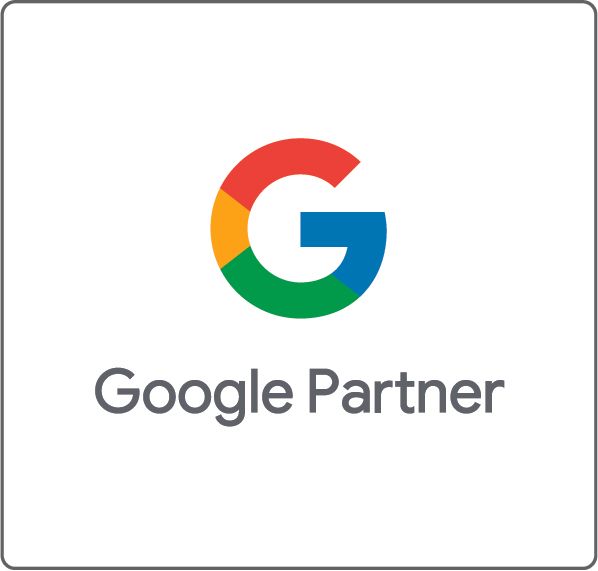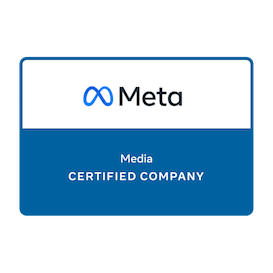The Shoppe - Black Friday Spending, Tech Acquisitions & More
Welcome back to The Shoppe! This week we’re covering updates to Facebook Groups, Twitter studies on consumer interests, the emergence of a COVID-19 proximity detecting app and more. Tune in every week to hear the latest!
In an effort to broaden its business tools to a wider workforce, Salesforce has purchased American international software company, Slack. Salesforce CEO Marc Benioff characterizes the acquisition of the advanced workplace messaging platform as a bet that the transfer to remote work resulting from the pandemic is not temporary, but rather a permanent shift. From the acquisition, we can expect to see the creation of a platform that connects all workflows as well as customers in one place, combining Salesforce’s advanced customer relationship management software with the business chat services of Slack. While the acquisition is an accomplishment for Slack, having started only seven years ago, it is the perfect depiction of the struggle of smaller tech companies to compete with Big Tech. It will be interesting to see what changes arise in product offerings and pricing, as well as overall brand value.
Adobe Analytics has put together a comprehensive report of online consumer behaviors throughout the 2020 holiday shopping season. Following online sales in real-time, the site displays what people are buying, how they’re buying it, how much they are spending, and when they are spending it. Users can select various high spending days throughout the month of November, and view top selling products, year-over-year growth in revenues, share and revenue by device and more. Adobe reported $9 billion in online sales in the United States this Black Friday, over 21% YOY growth, with $3.6 billion from smartphones. For the entire month of November, smartphones made up for $39.6 billion of online revenue, while laptops and other devices accounted for over $60 billion. Cyber Monday alone saw more than $10 billion in consumer spending. Despite an unprecedented and financially turbulent year, e-commerce has continued to prove itself as the practical, safe and desirable method of shopping.
On Monday, Facebook announced the acquisition of Kustomer, an omni-channel customer relationship management startup. The platform uses machine learning to contextualize customer messages and either respond automatically or route them to the appropriate resource for manual response. By acquiring Kustomer, Facebook will now be able to provide businesses with tools to help manage communication on a wider scale, allowing them to reduce the amount of manual time spent on customer relations. The app announced various API updates for WhatsApp and Messenger, and more details regarding the implementation and cost of Kustomer tools can be expected in the coming weeks.
This week, Think with Google published their recent research on making ads more meaningful through automation. It found that now more than ever, communicating meaningful messages and marketing based on consumer needs, is crucial in maximizing brand value. Basic personalization is no longer meeting the demands of the moment. The study found that through understanding the benefits consumers seek from brands, and delivering automated ads that catered to those needs, consumers exhibited a 15% higher purchase intent and a 30% higher click-through rate compared to ads demonstrating basic personalization. Depending on where a consumer is in a purchasing process and what type of product they are shopping for, they will need different levels of communication from a brand. Google’s study showed pre-purchase consumers requiring guidance and a smooth purchasing experience, while purchasing consumers required fun and lighthearted communication. (You can learn more about desired brand outreach here.) Ultimately, knowing your customers, identifying what is meaningful to them and communicating accordingly, will allow you to meet their needs in the buying process while maximizing your business’s success.
Never miss an update from “The Shoppe,” sign up for our email list today!
Subscribe
Sign up with your email address to receive news and updates.
Subscribe
We respect your privacy.
















